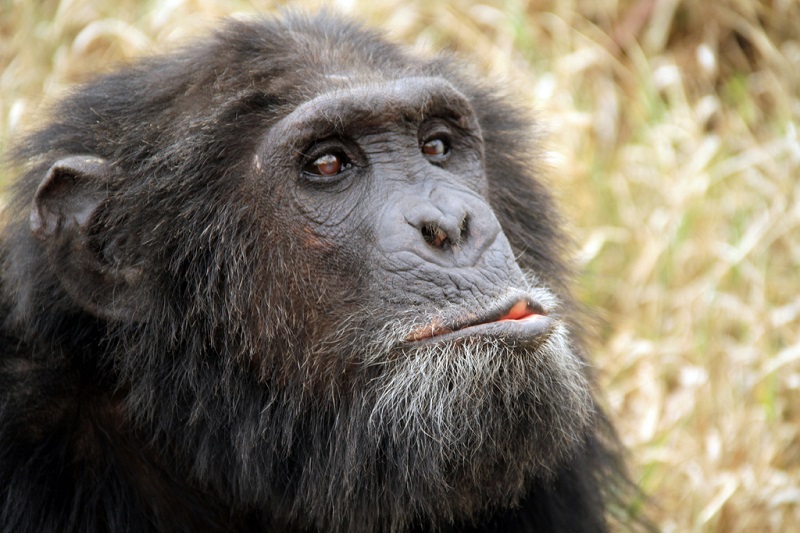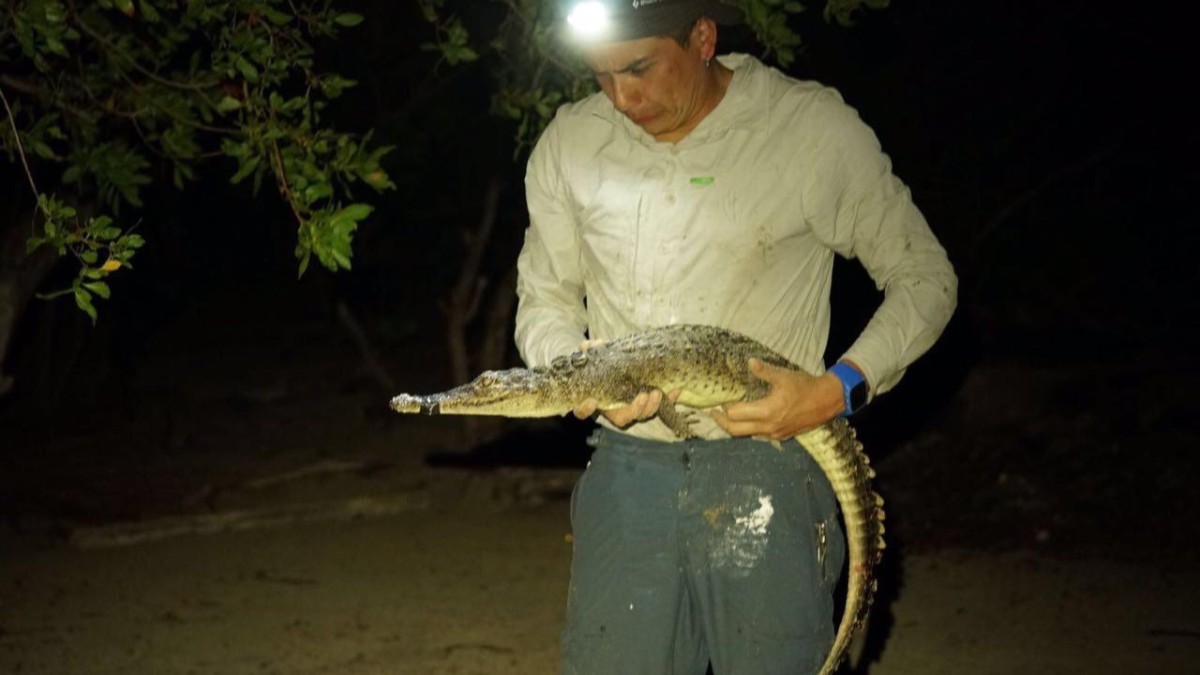Are Chimps Entitled to Human Rights? NY Court to Decide

Though they won't be knuckle-walking into a courtroom any time soon, two chimpanzees will get their day in front of a judge.
Next month, the New York State Supreme Court will hear arguments about whether two research chimpanzees, named Hercules and Leo, should be considered persons, not property, entitled to be set free under the law.
In response to a petition from the Nonhuman Rights Project, Justice Barbara Jaffe signed a court order this week asking Stony Brook University to prove why it should be allowed to hold Hercules and Leo. [8 Humanlike Behaviors of Primates]
"It's a very big deal for us," said Steven Wise, an attorney with the Nonhuman Rights Project, which has been filing lawsuits on behalf of chimpanzees in New York for more than a year.
In a press release, the animal advocacy group had initially hailed the judge's move as the first recognition of chimpanzees as legal persons, because the order included a writ of habeas corpus, a measure that's designed to protect prisoners — so far, only human prisoners — from unlawful detention. But Jaffe later amended the court order, striking out the words "writ of habeas corpus."
"We don't know what motivated her to do anything," Wise said. "She crossed out writ of habeas corpus leaving us with an order to show cause. As a matter of practicality, there isn't a difference between the two orders.
"The only entity that you can even issue an order to show cause for is a person," Wise added. "I think she would not have issued it if she thought there was no way chimpanzees could be considered persons."
Sign up for the Live Science daily newsletter now
Get the world’s most fascinating discoveries delivered straight to your inbox.
Wise and his colleagues don't want Hercules and Leo released into the streets of Long Island; rather they argue that animals should be moved to Save the Chimps, a sanctuary in Fort Pierce, Florida.
So far, the Nonhuman Rights Project has been unsuccessful in convincing the courts that animals like Hercules and Leo, and Tommy, another chimp held in captivity in upstate New York, should be entitled to the same rights as people.
If a court did grant Hercules and Leo those rights, there would be "tremendous" repercussions from both a practical and philosophical point of view, said Bob Kohn, an attorney who has argued against recognizing chimpanzees as people. (Last month Kohn weighed in on Tommy's case in an amicus curiae brief.)
"To recognize personhood in nonhuman animals is to give them legal rights," Kohn told Live Science. "You cannot give any creature legal rights without those creatures having legal responsibility. Legal rights flow from legal responsibility. No nonhuman animal can be accountable for its actions. You cannot hold a pit bull accountable as a person for his actions because it cannot intelligibly interpret the law."
As Stony Brook is a state university, it is up to the state attorney general, Eric Schneiderman, to defend the institution in court. The hearing is set for May 27 at the New York County Supreme Court in Manhattan.
Follow Megan Gannon on Twitter. Follow us @livescience, Facebook & Google+. Original article on Live Science.

China uses 'gravitational slingshots' to save 2 satellites that were stuck in the wrong orbit for 123 days
Scientists spot a 'dark nebula' being torn apart by rowdy infant stars — offering clues about our own solar system's past
Mass graves of Black Union soldiers slaughtered by Confederate guerrillas possibly identified in Kentucky









